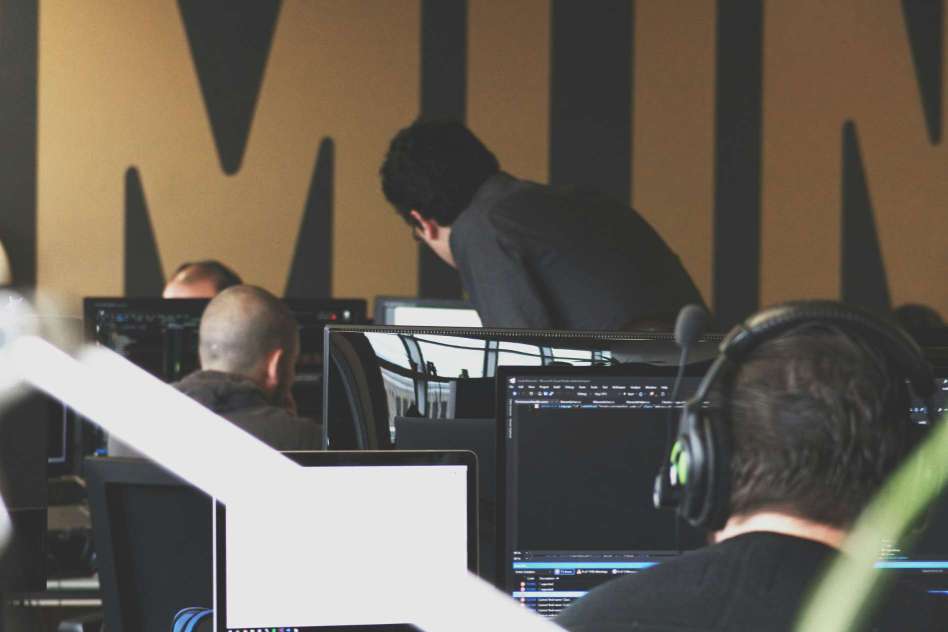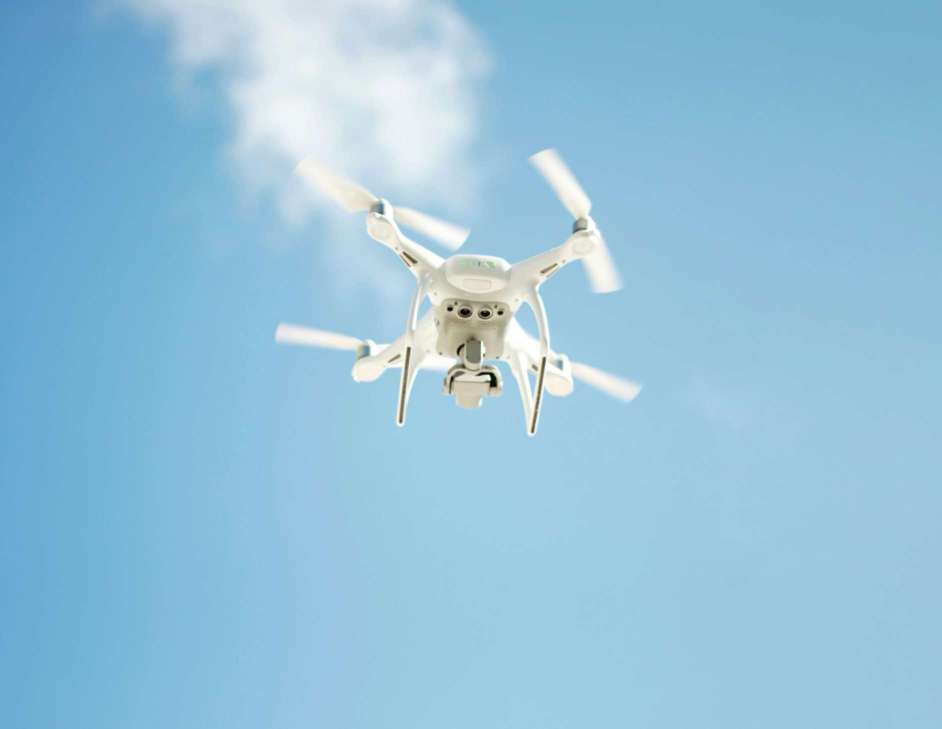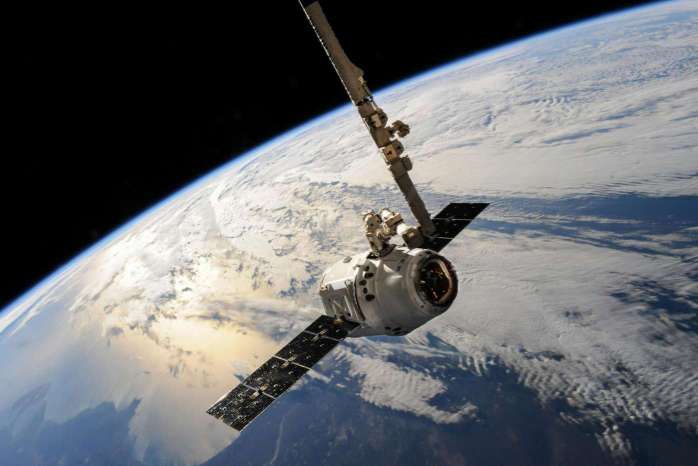AI and Robotics: The Synergy of Intelligent Machines
4 min read
22 Aug 2024
The integration of Artificial Intelligence (AI) with robotics is revolutionizing industries by enhancing automation, efficiency, and capabilities of intelligent machines. This article explores the synergistic relationship between AI and robotics, from autonomous navigation and collaborative robots to AI-driven learning and adaptive behaviors in robotic systems.
Autonomous Navigation and Mobility
AI enables autonomous navigation in robots through sensory data processing, environment mapping, and decision-making algorithms. Machine learning models allow robots to navigate complex environments, avoid obstacles, and optimize path planning in real-time. Autonomous robots enhance efficiency in logistics, manufacturing, and service industries by reducing human intervention, improving safety, and accelerating task completion rates.

Collaborative Robotics and Human-Machine Interaction
Collaborative robots, or cobots, work alongside humans in shared workspaces, performing repetitive or dangerous tasks with precision and safety. AI-powered cobots use computer vision, sensor fusion, and adaptive control algorithms to interact safely and effectively with human operators. Collaborative robotics enhance productivity, flexibility, and ergonomic conditions in manufacturing assembly lines, healthcare settings, and collaborative research environments.
AI-Driven Learning and Adaptive Behaviors
AI enhances robotics with learning capabilities and adaptive behaviors that improve performance and responsiveness in dynamic environments. Reinforcement learning algorithms enable robots to learn from experience, optimize task execution, and adapt to changing conditions autonomously. AI-driven robotic systems continuously improve operational efficiency, adaptability, and reliability, paving the way for applications in complex tasks such as autonomous vehicles, surgical robotics, and space exploration missions.
Challenges and Ethical Considerations
Integrating AI with robotics poses challenges such as safety concerns, ethical implications of autonomous decision-making, and societal impacts of job displacement. Ensuring robot safety standards, addressing algorithmic biases, and fostering responsible deployment of AI-powered robots are essential to mitigate risks, uphold ethical principles, and promote acceptance of robotic technologies in diverse industries.
Future Directions
The future of AI and robotics will likely see advancements in human-robot collaboration, swarm robotics, and AI-enhanced robot-assisted surgeries. Innovations in AI-driven robotic exoskeletons, adaptive prosthetics, and robotic companions aim to enhance human capabilities, improve quality of life, and support aging populations. AI's role in robotics continues to evolve, offering opportunities to innovate automation, expand capabilities, and unlock new frontiers in technology-driven industries.
In conclusion, AI and robotics are transforming industries by synergizing intelligent machines with autonomous navigation, collaborative capabilities, and adaptive behaviors. By harnessing AI technologies responsibly and ethically, engineers and innovators can accelerate advancements in robotics, improve human-machine interactions, and drive sustainable growth in a rapidly evolving technological landscape.
More Articles

Remote Sensing: The Invisible Technology Transforming Industries
4 min read | 29 Jul 2024

Autonomous Drones: The Sky’s No Longer the Limit
4 min read | 28 Jul 2024

Satellite Imaging: See the World Like Never Before
7 min read | 27 Jul 2024

Geographic Information Systems (GIS): The Ultimate Guide
4 min read | 26 Jul 2024
More Articles

AI and Blockchain: The Potential for Secure and Transparent Systems
4 min read | 20 Aug 2024

AI in Smart Cities: Improving Urban Living with Intelligent Systems
5 min read | 19 Aug 2024

The Role of AI in Enhancing Accessibility for People with Disabilities
4 min read | 18 Aug 2024

AI in Human Resources: Streamlining Recruitment and Employee Management
5 min read | 17 Aug 2024
